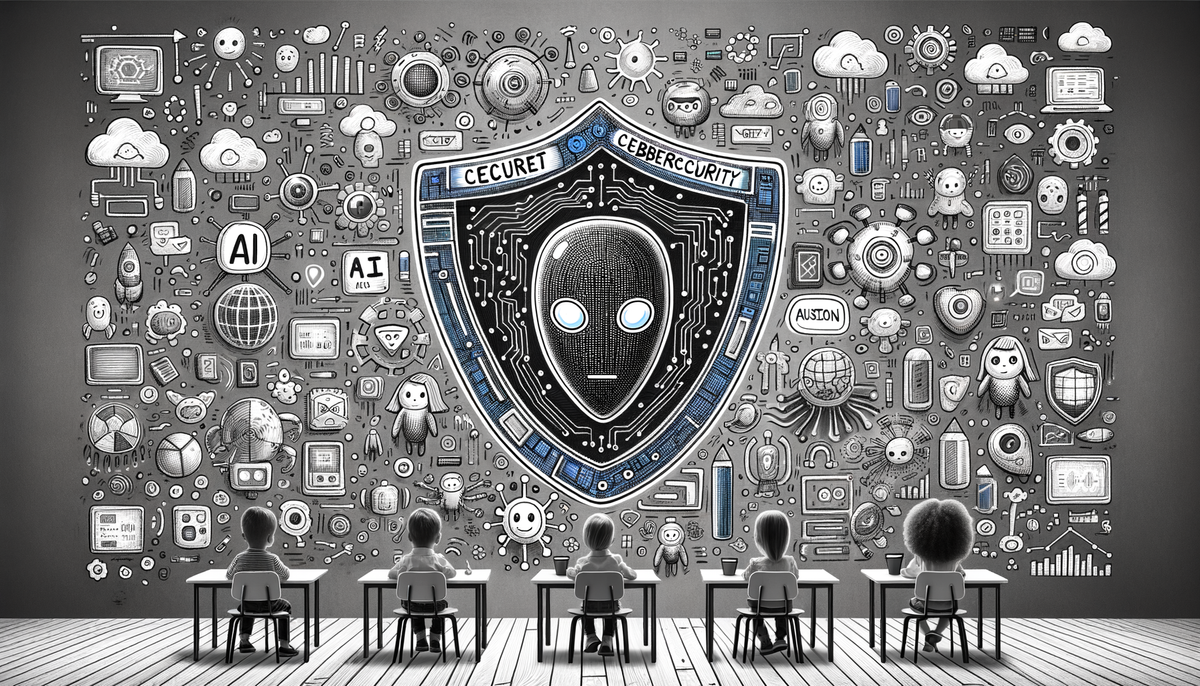Donald Trump Shares AI Video: Impact and Implications

Almost half of U.S. workers are expressing anxiety about the impacts of AI on job security, highlighting the continued tension between technology advancements and employment. The narrative of AI expanding into various domains, such as in creative spaces or personal assistants like Amazon's Alexa, reinforces the notion that while AI offers stunning capabilities, it also demands robust policy frameworks to ensure rights and job security.
The AI Job Anxiety Landscape
According to an analysis by Inc., nearly half of U.S. workers are concerned about how AI will impact their jobs. This worry isn't unfounded, as automation continues to permeate numerous sectors, driving efficiencies but also raising fears of displacement. In this age of transformation, understanding AI's role and implications is crucial.
This anxiety among workers serves as a wake-up call for policymakers and tech companies to approach the AI age with caution and care. "By far, the greatest danger of Artificial Intelligence is that people conclude too early that they understand it,"
notes Eliezer Yudkowsky, reminding us that premature assumptions could cost us dearly in various societal and economic areas.
A Tug-of-War Between Creators and Technology
Initiatives to protect creative works are gaining momentum, as evidenced by over 1,000 artists who launched a silent album protesting UK's AI copyright proposals. As reported by The Guardian, the artists, including renowned figures like Blur's Damon Albarn, are striving to protect their rights against the blanket usage of their creations for AI training purposes.
Legislators, notably Caroline Dinenage, have drawn stark analogies, equating the current proposals to "burglars being allowed into your house," which strikes a chord with any creator worried about unauthorized usage of their intellectual property. The emerging narrative is a call for transparency; akin to the per-use revenue models that reshaped the music industry post-Napster era. Such vigorous advocacy is necessary to ensure that creators receive due recognition and compensation in an AI-empowered world.
AI's Role in Modern Homes: Amazon's Alexa+
On the consumer front, Amazon has rolled out Alexa+, a premium version of their popular voice assistant, which showcases just how entrenched AI is in daily life. Priced at $19.99 per month but free for Prime members, Alexa+ promises enhanced interactivity—connecting with services like Uber and Zoom, and even processing PDFs and handwritten notes.
The move naturally sparked discussions about pricing strategies, as detailed in 9to5Google, especially with Amazon's existing Prime service priced at $14.99 monthly. Although this setup initially appears perplexing, it's a tactful strategy nudging consumers towards all-encompassing subscriptions like Prime, enhancing their ecosystem experience. Yet, privacy concerns persist, reminding users of the critical balance between convenience and data security.
The Intersection of AI and Political Imagery
The controversial use of AI doesn't stop at consumer products; it extends into the political arena as well. Recently, Donald Trump shared an AI-generated video that reimagined Gaza as a resort. This occurrence drew widespread criticism and highlighted the delicate implications of using AI in political narratives.
The surreal imagery presented in the video, as covered by PEOPLE and Newsweek, showcased a disconnect between political fantasies and the somber realities of regions like Gaza. This instance prompts significant ethical considerations about AI’s power in shaping perceptions and endorsing potentially misleading narratives.
Hamas responded to the provocative video, underscoring the importance of rooted realities and aspirations of Gazans, seeking genuine solutions over superficial grandiose visions. It’s a stark reminder that apart from its transformative capabilities, AI’s integration into political discourse could provoke unintended unrest if not harnessed responsibly.
Final Thoughts
In navigating these multifaceted developments, from workforce anxieties to copyright battles and political controversies, it's imperative to recognize AI's dual nature: a tool capable of incredible feats yet necessitating responsible stewardship. As Stephen Hawking aptly put it,
"Artificial intelligence is a tool, not a replacement for human intelligence."
The path forward demands collaboration between tech companies, artists, legal experts, and governments to forge regulations that foster innovation while safeguarding human interests. It's a dynamic era we live in, teeming with possibilities and challenges alike.




